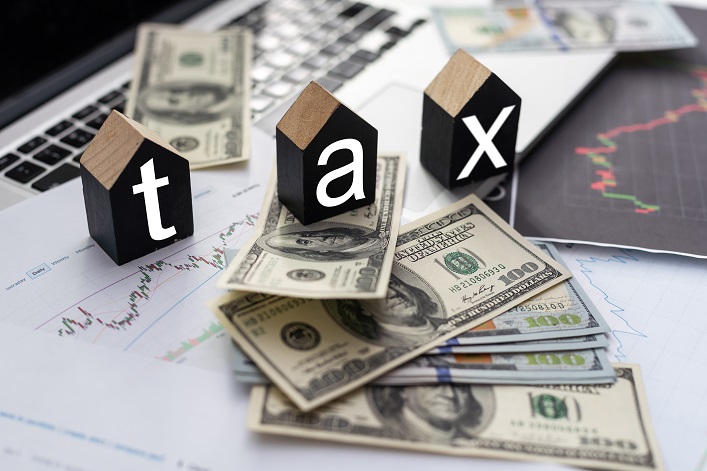
Tax text in wooden cubes and tax or vat form documents to complete Individual income tax return form for payment to Government. Calculation tax return in 2022 to 2023. High quality photo
In recent years, Pakistan has seen a growing interest in gambling, both legally and illegally. With its large population and rising disposable income, the potential for gambling tax revenue is significant. However, due to the complex legal framework and varying regional laws, the taxation of gambling remains a topic of debate and discussion.
The State of Gambling in Pakistan
Gambling in Pakistan is largely prohibited under the Hudood Ordinance of 1979, which aligns with Islamic law. However, despite these restrictions, gambling still persists, particularly in the form of illegal betting, card games, and online gambling. The government has focused more on regulating lotteries and other forms of state-sponsored gambling to tap into the revenue potential.
The Potential for Gambling Tax Revenue
If properly regulated, gambling could generate substantial tax revenue for Pakistan. Legalizing and taxing certain forms of gambling could provide funds for public infrastructure, education, and healthcare. The government could implement a licensing system, collect taxes from gambling operators, and set specific guidelines to ensure fair play and transparency.
Existing Gambling Tax Policies in Pakistan
Currently, Pakistan has limited policies regarding gambling tax revenue. Some regions, like the Khyber Pakhtunkhwa province, allow casinos and have introduced taxation on winnings and revenue generated through casino operations. However, the broader national government has yet to formulate a comprehensive taxation framework for gambling.
Challenges in Taxing Gambling Revenue
One of the major challenges in taxing gambling revenue is the illegal gambling market. Unregulated gambling, especially online platforms, makes it difficult for the government to monitor and collect taxes effectively. Furthermore, the legal ambiguity surrounding certain gambling activities leads to confusion about what can be taxed and how.
International Examples of Gambling Taxation
Countries like the United Kingdom, Australia, and Canada have established clear frameworks for taxing gambling activities. These countries levy taxes on gambling winnings, licensing fees for operators, and taxes on gambling operators’ profits. Pakistan could consider these models to create a more structured approach to gambling taxation, balancing regulation with revenue generation.
The Future of Gambling Tax Revenue in Pakistan
With the rise of online gambling and the changing views on the legality of gambling, Pakistan might revisit its policies in the future. Legalizing and regulating gambling could provide a new revenue stream, especially if operators are required to pay taxes on their earnings. However, this will require significant changes in the country’s legal and social stance on gambling.
Conclusion
The potential for gambling tax revenue in Pakistan is significant, but the country faces several obstacles in implementing a structured taxation framework. By learning from global examples and addressing local challenges, Pakistan could unlock a new avenue for economic growth through gambling tax revenue. However, this would require careful regulation, public awareness, and a shift in policy to ensure that gambling remains under control while benefiting the national economy.



